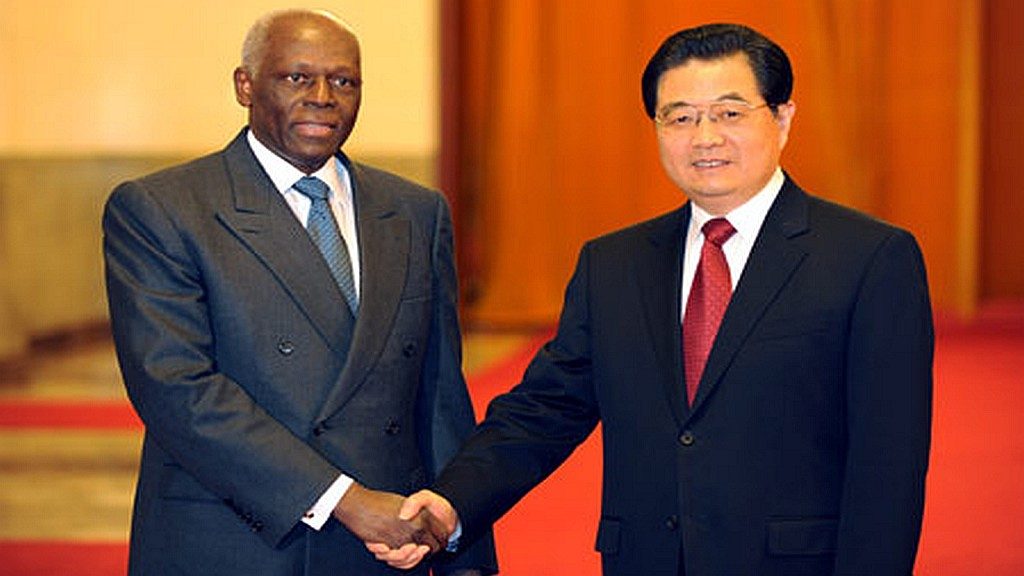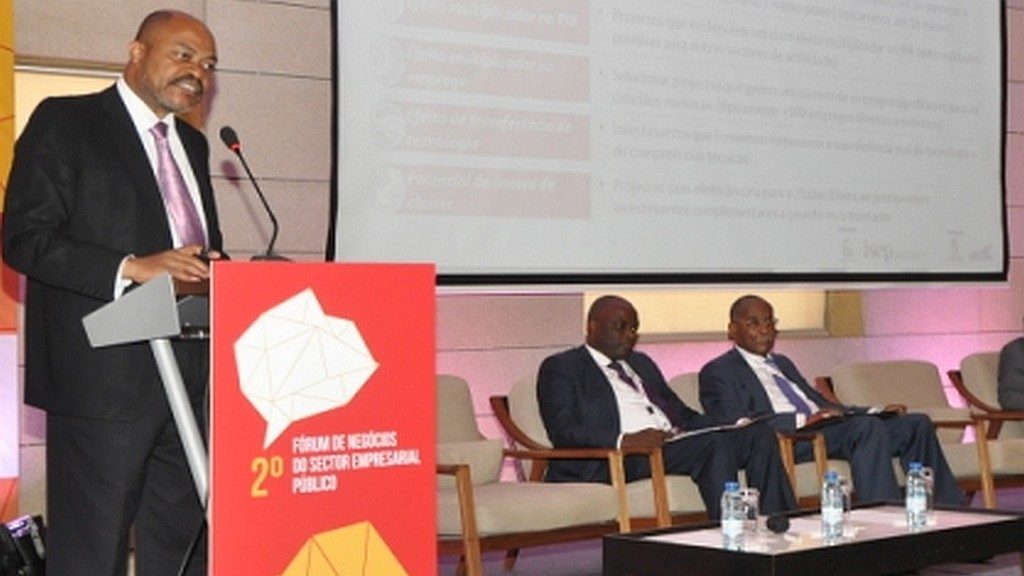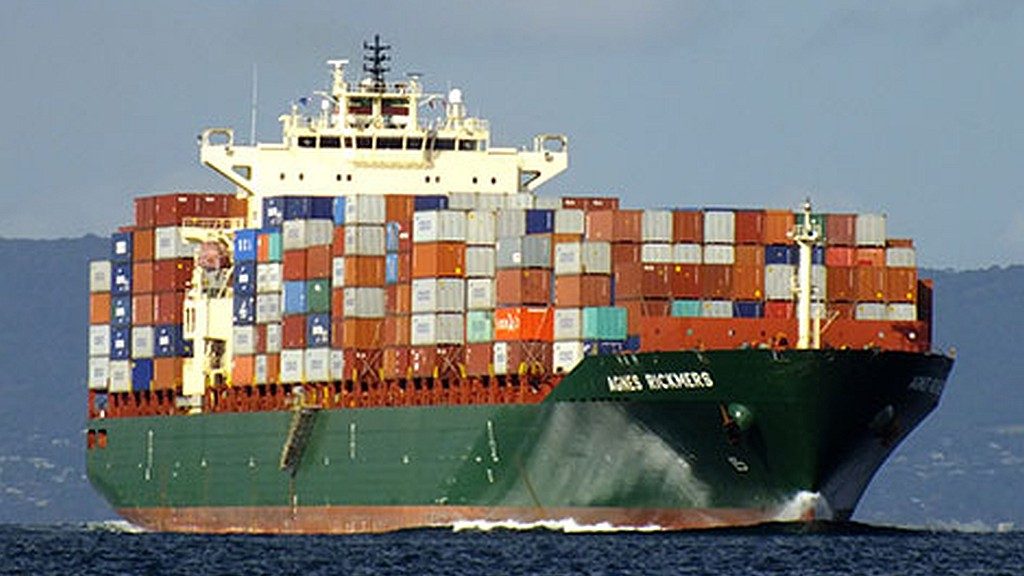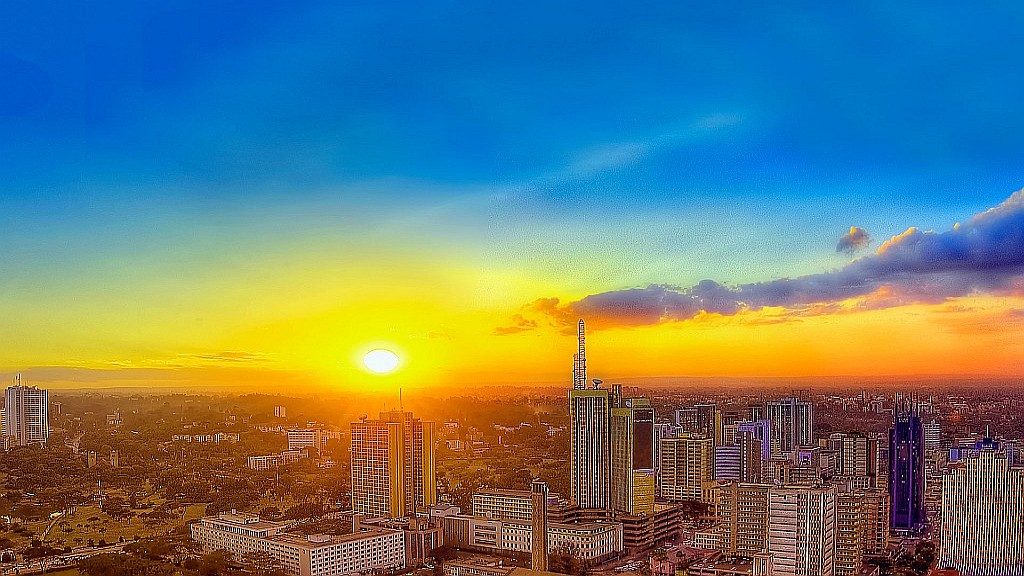Sorry, this entry is only available in Français.
Category Archives: Angola
Angola created national strategy to accelerate diversification
Brazil-Angola internet connection
Google has announced its involvement in an undersea cable that will link the United States and Brazil by year-end 2016. Google will partner with Brazilian ISP Algar Telecom, Uruguayan incumbent telco Antel, and the Angola Cables consortium of Angolan ISPs. The cable will be capable of carrying a total of 64 terabits per second of capacity over six fibre pairs. The Angola Cables group aims to link the US-Brazil cable to its planned South Atlantic Cable System (SACS), which would connect Brazil to Africa in 2016.
Trade between China and Portuguese-speaking countries
Trade between China and Portuguese-speaking countries amounted to US$102.580 billion from January to September, an annual increase of 4.06 percent, according to official Chinese figures published in Macau.
In the first nine months of the year China sold goods to the eight Portuguese-speaking countries worth US$33.24 billion (+3.98 percent) and bought goods amounting to US$69.346 billion (+ 4.10 percent), taking on a trade deficit of US$36.106 billion.
In Brazil, which is China’s biggest global trading partner, trade totalled US$68.237 billion (+1.38 percent), with China selling goods worth US$25.698 billion (-2 58 percent) and buying goods in the amount of US$42.539 billion (+3.94 percent).
In second place was Angola with two-way trade of US$28.262 billion (+4.31 percent), which was the sum of Chinese sales of US$3.883 billion (+39.45 percent) and purchases of US$24.378 billion (+0.28 percent).
After Angola was Portugal, with trade with China worth US$3.613 billion (+ 24.93 percent), as a result of sales by China amounting to US$2.332 billion (+27.07 percent) and purchases of US$1.28 billion (+ 21.21 percent).
In fourth place was Mozambique total trade of US$2.329 billion (+ 95.27 percent), with China selling goods worth US$1.231 billion (+ 39.03 percent) and buying goods worth US$1.098 billion (+ 257.28 percent).
With the remaining Portuguese-speaking countries, Cabo Verde (Cape Verde), Guinea-Bissau, Sao Tome and Principe and Timor Leste (East Timor), trade with China in the first nine months of the year totalled US$145 million.
Source: ANIP, MACAUHUB
Angola’s economic boom
Angola is experiencing an unprecedented economic boom. In May 2008, the Organization of Petroleum Exporting countries (OPEC) confirmed Angola’s oil production at 1.9 million barrels per day. The growth in this industry has had substantial spillover effects, spurring investment in the financial services, construction, and agriculture sectors. According to the International Monetary Fund (IMF), Angola’s GDP grew by over 20% in 2007 making it Africa’s fastest growing economy and the fourth fastest in the world. New businesses are registering everyday, fostered by an environment of peace and stability in the country and a new private investment law, that has expanded incentives for investors. Although a majority of U.S. companies remain focused on the oil and gas sector, non-oil sectors have also seen an increased presence of U.S. companies.
 afric-Invest
afric-Invest



